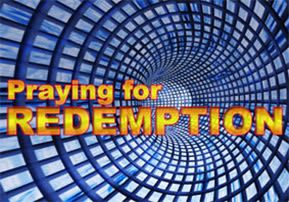
Praying for Redemption
Some people scoff at prayers for the Geula - the full redemption of our people. Yet, praying for redemption is a major halachic obligation; our prayers revolve around the Geula…

Last week, during one of my monthly talks at one of the local seminaries, a few people asked to what degree Judaism requires us to pray for Mashiach and redemption. I answered that at least 50% of our prayers are requests for the future redemption, Mashiach, etc. “That’s impossible!”, people called out from around the auditorium. I then tossed the audience a question, and asked that they shout back quick answers:
“Of our daily Shmona Esrei (Hebrew for 18) prayer, which is actually a compendium of 19 blessings, how many are requests for the Geula, or future redemption?” Voices resounded like gunshots: “Four!” “One!” “Three!” “Two!” Four was the highest bidder. I then opened up a prayer book, and explained the blessings one by one, with the proper interpretation and intent of each one. Here are the results in table form – they’re quite an eye-opener:
# |
Blessing |
Principal intent |
Geula |
Present |
|
1
|
Magen Avraham
|
Guardian of Abraham, who shall bring the “Goel” (Moshiach) to Abraham, Isaac, and Jacob’s offspring
|
*
|
|
|
2
|
Mechaye Mesim
|
Hashem the King who shall revive the dead
|
*
|
|
|
3
|
Kel Hakadosh
|
Blessing our holy G-d
|
*
|
|
|
4
|
Chonen HaDaas
|
Request for wisdom
|
*
|
|
|
5
|
Harotze B’Tshuva
|
Help us return to You Hashem and to Your Torah
|
*
|
|
|
6
|
Hamarbeh Lisloach
|
Forgive us for our sins
|
*
|
|
|
7
|
Goel Yisroel
|
Redeem us quickly!
|
*
|
|
|
8
|
Rofeh Cholei Amo Yisroel
|
Heal the sick
|
*
|
|
|
9
|
Mevorech Hashanim
|
Bless this year’s crops, the land, and give us rain
|
*
|
|
|
10
|
Mekabetz nidchei amo Yisroel
|
Gather the exiles from the 4 corners of the earth
|
*
|
|
|
11
|
Ohev tzedakka u’mishpat
|
Send us our judges (the Sanhedrin) as of old, and may we have true justice
|
*
|
|
|
12
|
Shover oivim umachnia zaydim
|
Destroy the forces of evil soon and in our time
|
*
|
|
|
13
|
Mishon umivtach latzaddikim
|
Reward those who trust in You, Hashem
|
*
|
|
|
14
|
Boneh Yerushalayim
|
Rebuild Jerusalem (the Temple) and dwell among us, Hashem
|
*
|
|
|
15
|
Matzmiach Keren Yeshua
|
Request for Moshiach (scion of David) and salvation
|
*
|
|
|
16
|
Shomea tefilla
|
Hear and accept our prayers
|
*
|
|
|
17
|
Machzir Shchinaso leTzion
|
Return Your Divine Presence to
Zion
|
*
|
|
|
18
|
Noeh Lehodos
|
May all of mankind thank and praise Your magnificent name
|
*
|
|
|
19
|
Mevorech es amo b’shalom
|
Bless your people of Israel with peace
|
*
|
|
Total |
10 |
9 |
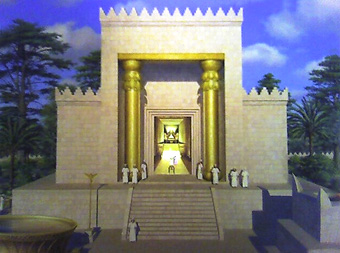


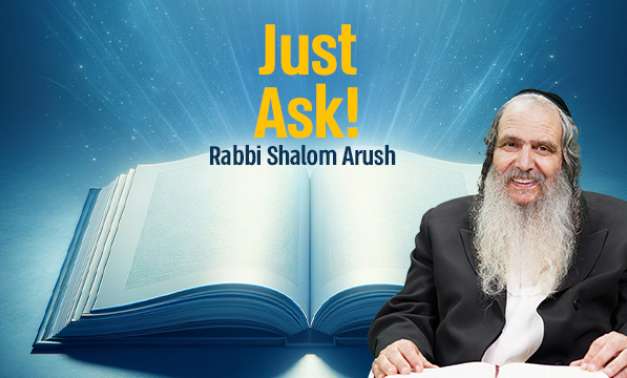
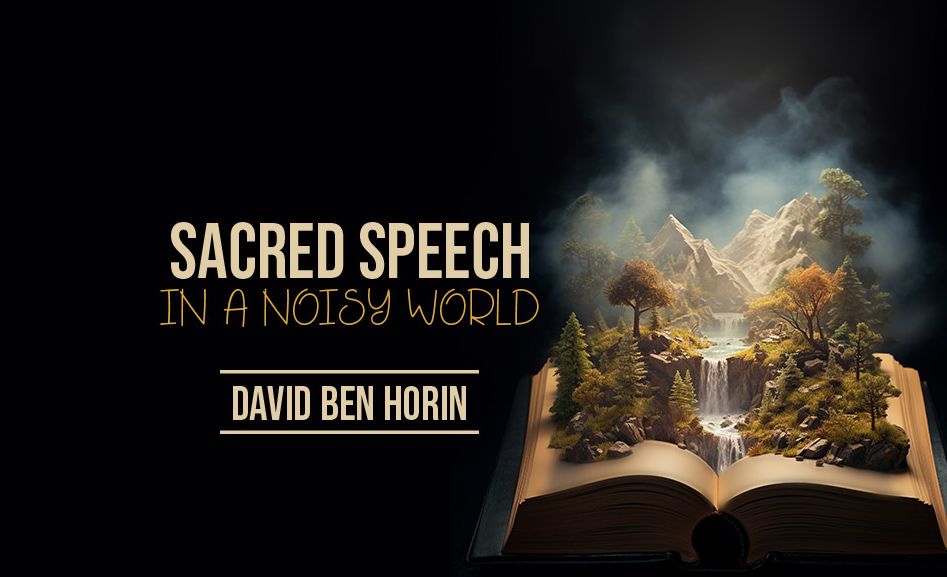
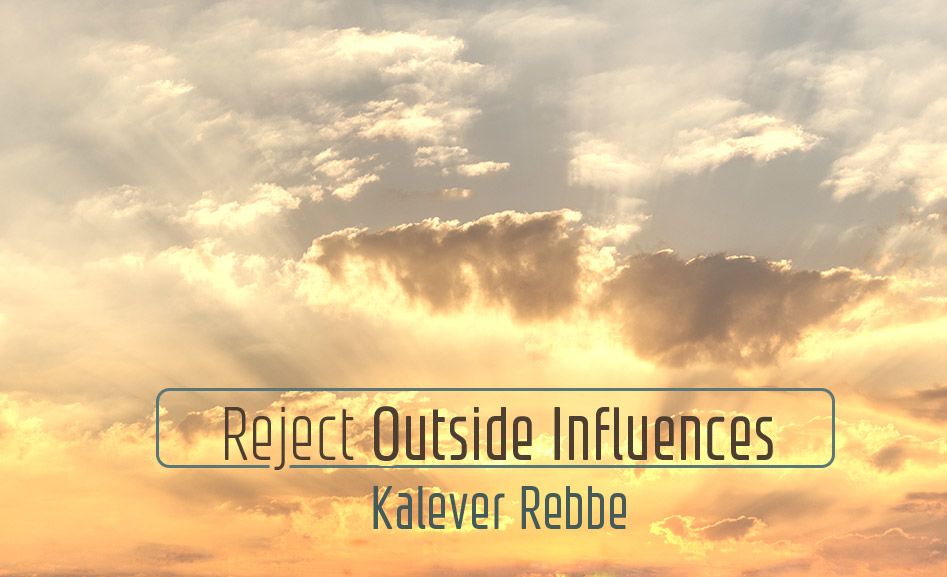
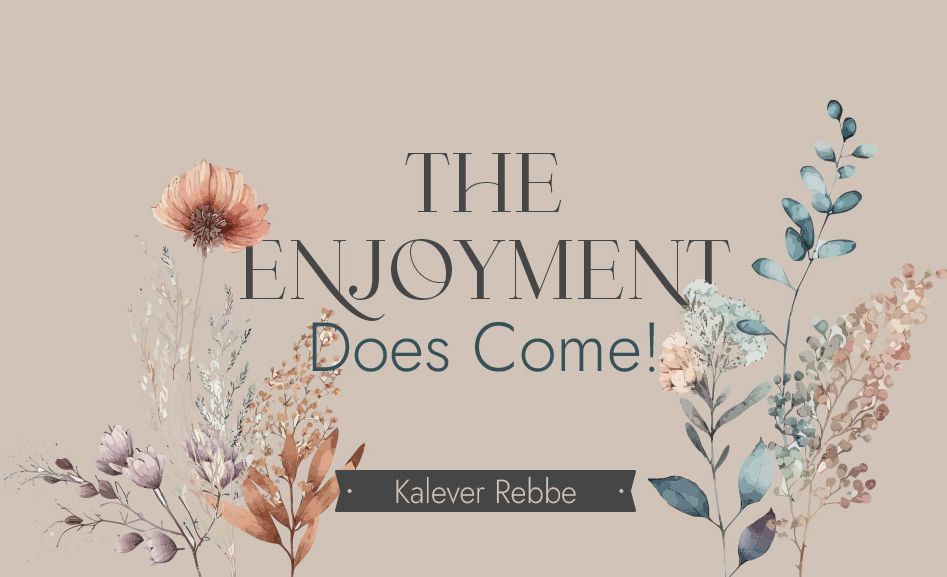
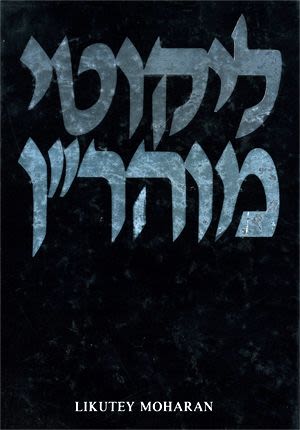
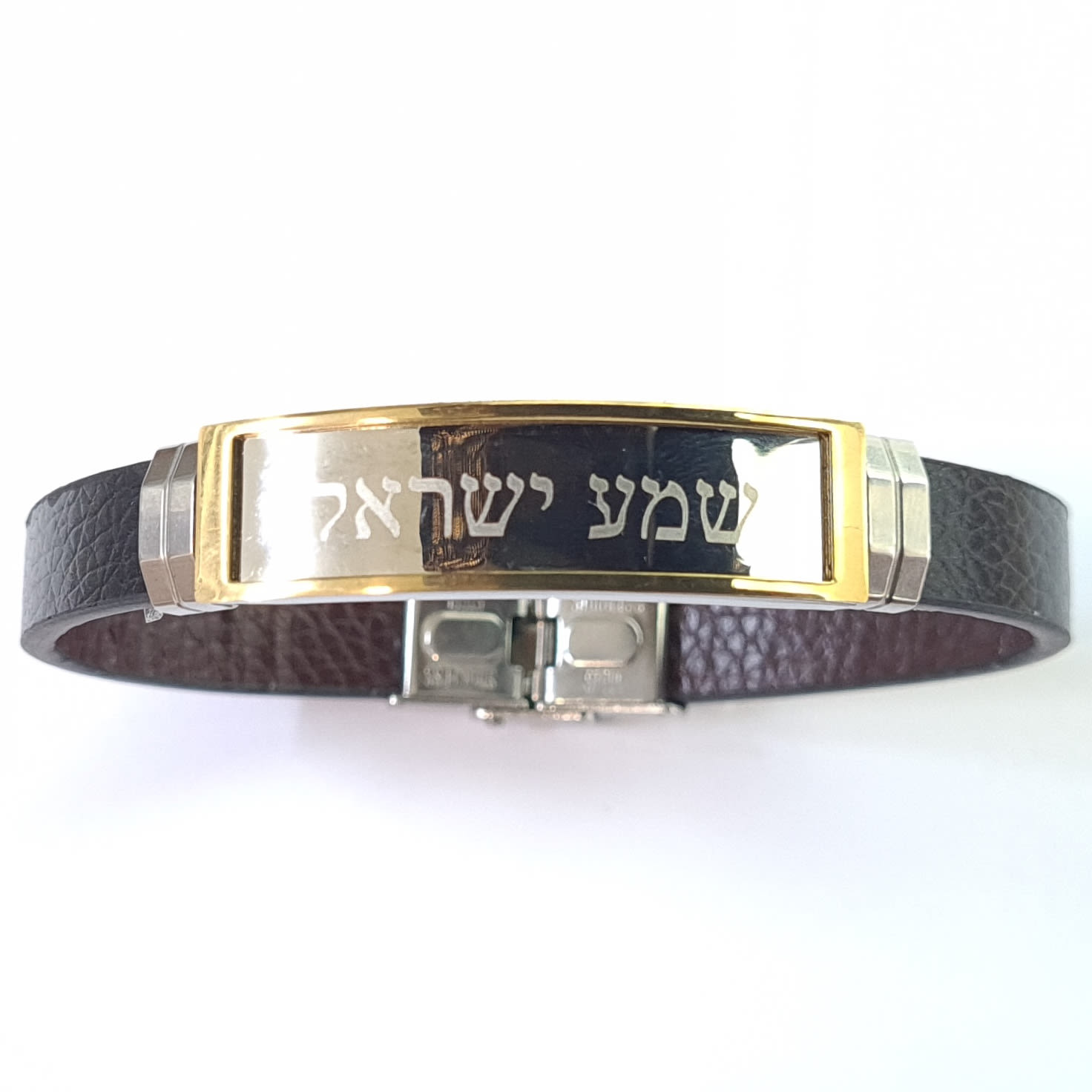

Tell us what you think!
Thank you for your comment!
It will be published after approval by the Editor.